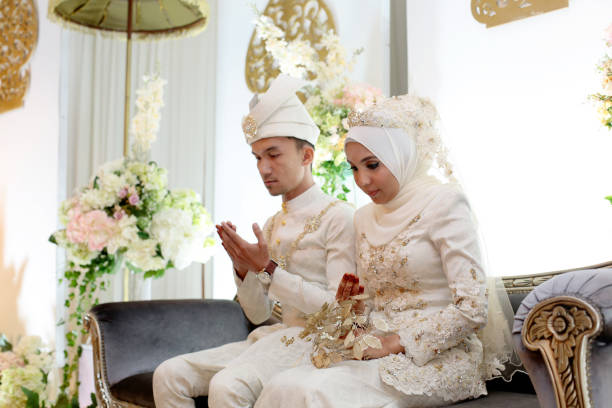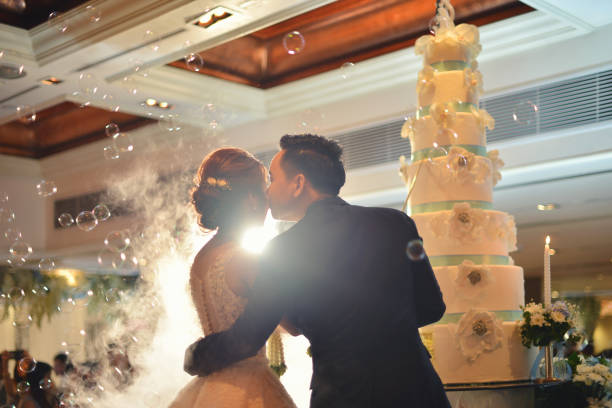The tradition of women changing their last names after marriage has always ignited spirited conversations and debates. Today, we’re diving deep into the reasons behind this choice, with a particular focus on the perspectives of women in Singapore. It’s not just a matter of tradition; it’s a complex blend of cultural influences, practical considerations, and personal identity that shapes the landscape of women changing their names after marriage in Singapore.
Cultural Influences
In a Multicultural Melting Pot
Singapore stands as a shining example of cultural diversity where different traditions coexist harmoniously. This cultural richness plays a significant role in the decision-making process regarding women changing their names after marriage. Take Rebecca Ong, a 26-year-old management executive, for example. In her community, adopting her husband’s name isn’t the customary practice. It’s not a tradition her family or friends have typically followed when it comes to women changing names after marriage.
Respecting Heritage

Image from iStock
Linda Yusoff, who hails from an Arab background and is married to a Malay man, offers us a glimpse into her perspective. For Linda, taking her husband’s name would mean adopting his father’s name, which runs counter to her cultural practices. In her culture, as well as in Malay culture, names often carry the father’s name within them, making it a powerful connection to heritage. Thus, for Linda, retaining her own name became a way to honor her cultural roots.
Generational Shifts
Audrey Tan, a 30-year-old educator, suggests that the decision to change names might also be influenced by generational shifts. Her mother, a teacher, embraced her husband’s name when she tied the knot. However, Audrey and her contemporaries are more inclined to hold on to their maiden names, marking a subtle shift in the tradition of women changing their names after marriage.
Practical Considerations
The Name That Simplifies

Image from iStock
Practicality often emerges as a vital factor in the decision-making process. Joan Chia, for instance, juggles her maiden name among friends and family but readily adopts her husband’s name when it comes to matters involving her son, such as school or doctor visits. It’s a pragmatic choice, simplifying identification, even if it occasionally feels somewhat unconventional.
Identity and Family
The Balancing Act
The decision is deeply personal and frequently tied to one’s sense of identity. Liang May’s story exemplifies this. Before her marriage, she was prepared to change her name as an expression of happiness in her marital union. However, she also had to weigh her father’s feelings on the matter. Her father’s poignant remark, “I’m losing my daughter, and now I have to lose my daughter by name too?” gave her pause. While she did embrace “Mrs. May Yang” as part of her identity, she opted not to fully change her surname legally.
A Matter of Love
Sarah Samaun initially embraced the romantic notion of being her husband’s “Mrs.” However, as time passed, she began to regret the change because it meant losing her father’s name, a name that held deep sentimental value. Her late father even accompanied her during the legal name-change process. Eventually, she decided to reclaim her maiden name, reflecting the profound emotional connection that can be associated with women changing their names after marriage.
Seeking Belonging

Image from iStock
Then there’s the remarkable story of Vanathi Ray, a 38-year-old lawyer, who believes that having a name associated with identity is crucial. She initially rejected her father’s name but embraced her husband’s as a symbol of love and belonging. Today, she proudly carries the names of those she loves, making her feel complete.
Takeaway
The decision to change one’s name after marriage in Singapore is not a mere tradition; it’s a complex, multi-faceted journey influenced by culture, practicality, and personal identity. Each woman’s choice is a unique reflection of her values and beliefs, highlighting the intricate tapestry that is the tradition of women changing their names after marriage in Singapore.
Whether they choose to adopt their husband’s name or retain their maiden name, one thing is clear: these women are navigating this age-old tradition with grace and purpose, making their mark in the evolving landscape of marital traditions in Singapore.
ALSO READ
Say “I Do” To An Easy Singapore Marriage Certificate Registration
Divorces and Annulments in Singapore Peak Between 5 to 10 Years of Marriage
17 Affordable Date Ideas in Singapore: Married Couples Can Get Quality Time Without Spending a Dime!
 Together Against RSV
Together Against RSV SG60
SG60 Pregnancy
Pregnancy Parenting
Parenting Child
Child Feeding & Nutrition
Feeding & Nutrition Education
Education Lifestyle
Lifestyle Events
Events Holiday Hub
Holiday Hub Aptamil
Aptamil TAP Recommends
TAP Recommends Shopping
Shopping Press Releases
Press Releases Project Sidekicks
Project Sidekicks Community
Community Advertise With Us
Advertise With Us Contact Us
Contact Us VIP
VIP Rewards
Rewards VIP Parents
VIP Parents
